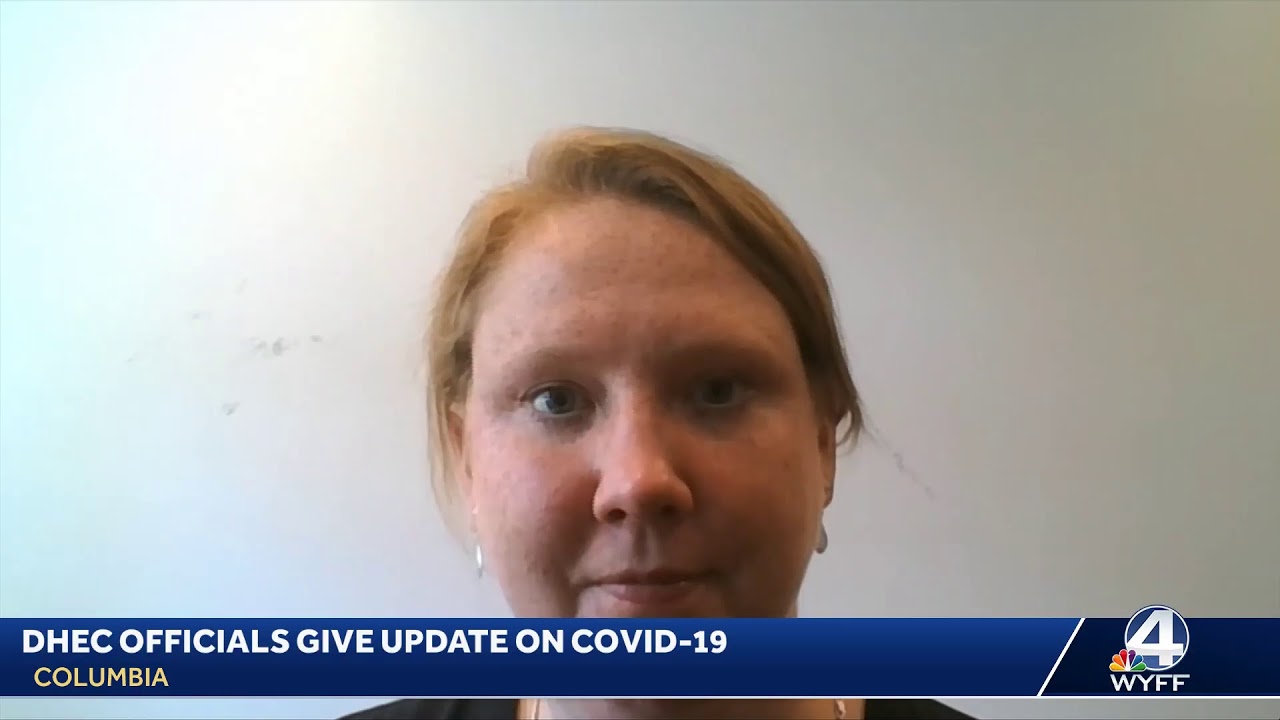Peter Butenhoff and his wife, Nancy, just returned from a 16-day cruise through the Panama Canal, sailing past the novel COVID-19 virus. Before their departure and on the eve of his 77th birthday, his sinuses had been nagging him for a few months. Within the last five years, he also says, he’s had a heart attack, two hernias and a hip replacement.
“The last few years, it’s been dealing with the years of living harder and faster in my youth,” the retired mid-level executive and onetime tech entrepreneur says with a chuckle.
To get medical attention now, he simply picks up the phone. In fact, minutes before chatting with the Upstate Business Journal, he called his physician, Dr. David Liebman, who offered to call in a prescription for a different nasal spray. “That might help dry me up as a result of that conversation,” Butenhoff says.
The Butenhoffs live on Lake Keowee. He pays $1,500 for himself and $1,200 for his wife to belong to Mountain Laurel Internal Medicine, where Pete, as he calls himself, had already scheduled, long before the coronavirus, his six-month check-up.
Liebman opened that concierge practice in Seneca about a year and a half ago. He is now among some 12,000 such physicians nationwide whose annual fees range from $1,200 to $2,400, according to statistics from the Washington Post.
They serve fewer patients. Rather than 1,700, Liebman counts 400. That also means appointments can last up to an hour, and they start on time, the Post reports, adding: “Compare that with the 18-minute wait time and 20-minute-average visit at a traditional practice.”
Dr. Jana Morse, who has lived in Greenville since earning her degree from the Medical University of South Carolina in 1991, joined PartnerMD, a concierge network, in July 2013.
The Richmond, Virginia-based company actually employs everyone who works for its roughly two dozen physicians in six, soon to be seven, clinics in four states. Two family doctors work with Morse at the clinic near Thornblade, where support staff handles every aspect of the operation, including regulatory compliance — except doctoring. PartnerMD cuts all the checks, even to its member doctors.
“We just practice medicine,” Morse says. “I was never trained to run a business. That was not part of my medical school curriculum or part of my training or part of my inclination. I’m not a business person.”
There are approximately 12,000 concierge physicians nationwide
Echoing the others, while also trying to put a number on the patients she would see in her previous job, she now focuses on about 350 patients.
“Wow,” she adds, “it’s impossible to do the job that needs to be done in the time allotted in a standard medical practice.”
That’s partly why Liebman left the hospital system. “Over the past five years, medicine became increasingly corporate and disinterested in taking care of patients properly. I just couldn’t stomach it anymore.”
Dr. Jerome Aya-Ay says he opened his direct primary care practice, Palmetto Proactive Healthcare, for much the same reasons.
Among several distinctions between the two: Direct primary care practices don’t take insurance, while concierge practices bill the likes of BlueCross Blue Shield of South Carolina and Medicare, though Liebman says not all concierge practices do. Butenhoff, then, in addition to his annual fee, pays premiums and deductibles.
Aya-Ay charges $70 a month, which includes appointments, X-rays and services such as labs, which cost $5 each.
“If you get a cholesterol panel at any other lab: $120. We charge $5.”
With two clinics in Spartanburg, one each in Columbia and Greenville and a fifth opening soon in Mauldin, the practice offers widespread access — but it’s not in-network; if you’ve got a major medical catastrophe, you’ll need insurance.
The models don’t work for all patients. Take Martin Beagley, 52, graphics manager for Clemson University’s College of Engineering and Science. He saw the same doctor for 10 years before his provider went concierge.
“I felt sad because I liked him as my doctor,” he says. “He’s really laid-back, really easy to talk to, good guy, but I didn’t want to pay the extra money.”
Of his new physician, he says, “He is, like, 24 years old, right out of medical school, but he’s good, too — and it works.”
For the Butenhoffs, on the other hand, “We both consider what we pay him annually is great value in terms of peace of mind and service,” says Peter Butenhoff.
The post Concierge medicine aims to provide better care to fewer patients appeared first on UPSTATE BUSINESS JOURNAL.










